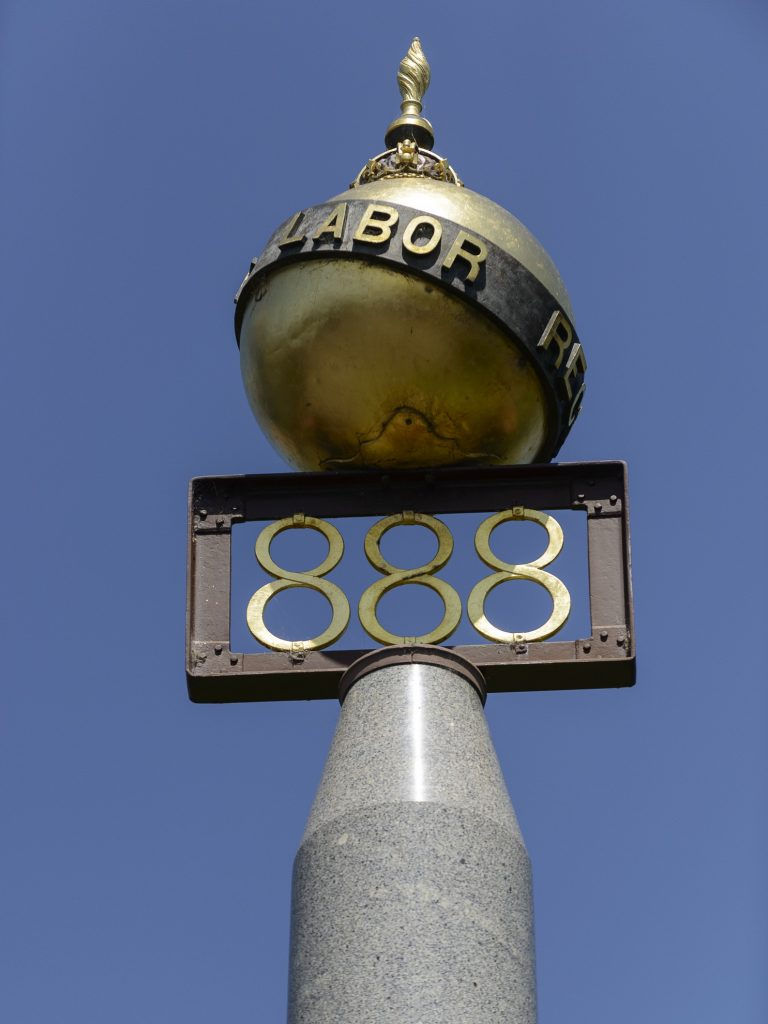Jazz Faith
- Peter Carolane
- Jul 11, 2025
- 4 min read
When I was about 12 years old, I began teaching myself to play jazz piano by learning songs from sheet music I purchased at the local music shop. So my parents enquired about a jazz piano teacher who I could go to, Melbourne jazz legend Peter Jones, and he agreed. I got all excited for it, but for some reason I’ll never know, the lessons didn’t eventuate. Life intervened.
Years later, I find myself in a band based mainly around improvisation. Almost every song we play requires some degree of spontaneous creativity. If there’s something I’ve learned about improvisation, it’s that it isn't just about technique; it's a way of being in the moment, responding creatively to the actions of those you are playing with: all of this mirrors something spiritual about how we're meant to live.
Theologian Jeremy Begbie has written extensively about the theological significance of musical improvisation, particularly in jazz. He argues that improvisation offers a unique window into understanding divine creativity and human participation in God's ongoing work. When musicians improvise, they're not creating ex nihilo—but rather responding creatively within established structures, traditions, and relationships. A jazz musician works within chord progressions, rhythmic patterns, and melodic conventions, yet finds freedom to express something genuinely new and personal within those boundaries.
This mirrors, Begbie suggests, how we're called to live faithfully. We don't create our own moral universe from scratch, but rather respond creatively and personally to God's established order, to the "chord progressions" of Scripture, tradition, and community. Faith becomes less about rigid rule-following and more about sensitive, Spirit-led improvisation within the grand symphony of God's kingdom.
Kevin Vanhoozer extends this metaphor into the realm of theater, arguing that Scripture provides the script and basic stage directions for the drama of redemption, but leaves significant room for faithful improvisation. Just as actors must interpret their roles creatively while remaining true to the playwright's vision, Christians are called to improvise faithfully as they live out their part in God's story. The gospel isn't a rigid score to be played note-for-note, but rather a living framework that invites creative, contextual expression.
This understanding transforms how we approach uncertainties and challenges. Instead of panicking when life doesn't follow our predetermined sheet music, we can learn to listen more carefully—to the Spirit, to our community, to the moment itself—and respond with faithful creativity. The goal isn't to play it safe, but to play it truthfully, with both technical skill and heartfelt expression.
Donald Miller captures something similar in his memoir "Blue Like Jazz," where he describes faith as more like jazz than classical music—messy, unpredictable, and deeply personal rather than perfectly orchestrated. Miller's honest exploration of doubt, struggle, and authentic spirituality resonates with the improvisational approach to faith. He suggests that genuine Christianity often looks less like a polished performance and more like musicians finding their way through an unfamiliar song together, creating something beautiful precisely because it's real and unscripted.
Australian Old Testament scholar and jazz pianist Mark Glanville takes this metaphor even further, arguing that the church in our increasingly post-Christian Western society must embrace improvisation as a survival strategy. Just as jazz musicians immerse themselves deeply in tradition while creating fresh expressions, Glanville suggests that faithful preaching and church life require both rootedness in Scripture and creative responsiveness to contemporary contexts. He observes that we live in a time when "the scaffolding of Christian culture that used to hold faith are no longer there," creating what he calls a "plausibility crisis" where faith statements no longer make automatic sense.
Rather than abandoning tradition, Glanville advocates for what he terms "improvising church"—a communal activity where congregations learn to "play fresh melodies on the biblical tradition." This involves meeting people in their complex relationships with faith, their doubts and griefs, while maintaining the Bible's authority through what he calls "ironic authority of wisdom." Scripture becomes authoritative not through force but through its capacity to respond to our lives and shape us as beloved community.
Glanville's approach requires preachers to develop deep curiosity about texts, creative
reimagining of biblical motifs, and pastoral sensitivity to those experiencing faith mixed with doubt. The goal isn't rigid rule-following but rather displaying "the tenderness of Jesus" in contextually appropriate ways, allowing the gospel to "shine out in a way that is evocative beyond words."
My regret about those missed jazz lessons has evolved into something deeper: a recognition that life itself is the improvisation I was meant to learn. Every day presents new chord changes, unexpected rhythms, and opportunities to contribute something beautiful to the ongoing song of faith. The challenge isn't perfection, but presence—showing up with whatever musical vocabulary we possess and trusting that the Spirit can make something beautiful from our sincere attempts to keep time with the divine rhythm.
Perhaps the most beautiful thing about improvisation, both musical and spiritual, is that it requires vulnerability. You can't improvise while clinging to control. You must listen, risk, respond, and trust that the structure will hold while you explore its possibilities. In this way, improvisation becomes a practice of faith itself—a way of saying yes to the unknown while remaining rooted in what we know to be true and good.



Comments